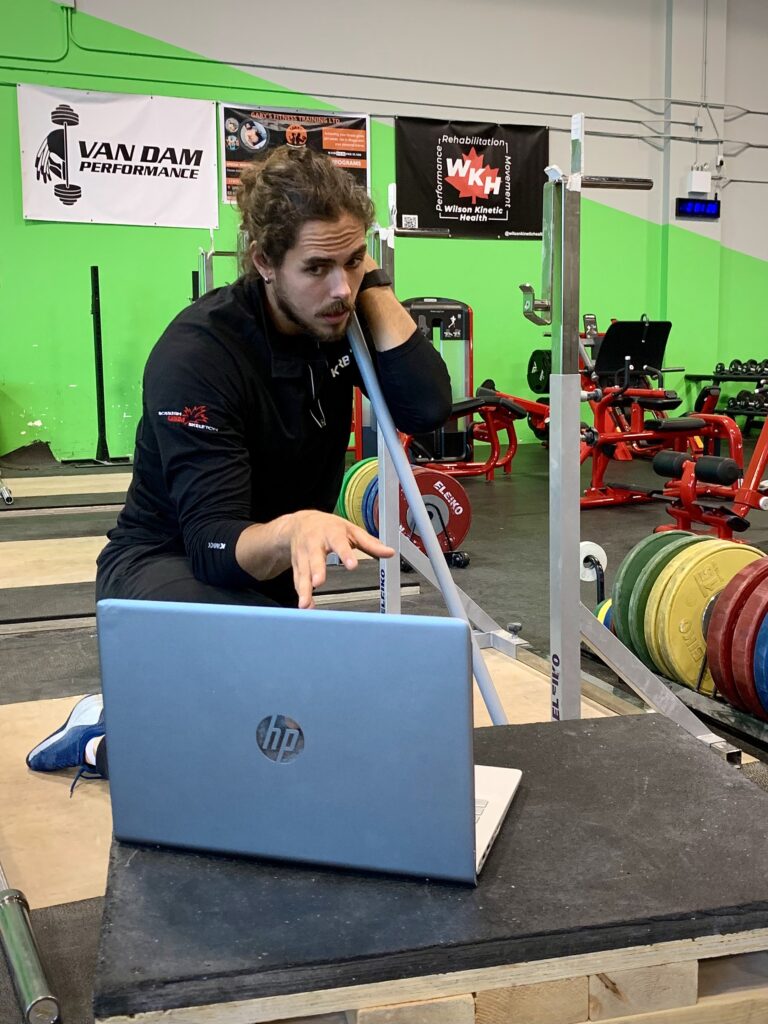
Post-competition Debriefs – Learning and Making Progress
Coaches and athletes pour a lot of time into the build-up to competition; however, there is just as much to do after, and I believe having a routine to breakdown the discussion after.
I believe that post-competition debriefs are the most critical time in the cycle as a coach and athlete. Personally, these are the times that I can review my process to see if there is room for improvement or if something worked – always the scientist!
There are many ways to complete a debrief, but I will cover the process that I go through.
General Points
-
Motivation/Goals
First, I will always compare my performance to what I wanted to attain at the competition. Now, this will not always be a faster time or heavier weight; it could be a mental goal or controlling performance anxiety.
This can also reflect on a long-term/season goal; am I on the right path to where I want to be?
-
What’s Stopping You?
I follow up with what me from either achieving my goal or what is needed to make the next steps. This could be training more, recovering better, and better nutrition. It can also be securing more sponsorships so that I can dedicate more time to training!
-
What Makes you the best?
What separates you from everyone else? What can you do better than anyone else, and how can that be used to overcome the barriers to your performance?
Do you live near a gym? Easier commute to the gym and save money from equipment and training? Do you work in a restaurant? Can you use this time to meet potential sponsors and learn how to cook better food?
There are always ways to give yourself an edge; you just need to be creative.
Specifics
-
Body Preparation
Did your body feel as ready as it could have been? Were there injuries or challenges preventing you from training to the best of your ability?
This is also a perfect time for the coach and athletes to have open discussions about how the training prepared for the competition and if it was successful.
-
Awareness/Mind
How was your mental state before during and after the competition? Was it a benefit of hindrance?
Definitely an under-appreciated point of performance especially for newer and intermediate athletes as developing a healthy mindset early will only pay dividends later on.
-
Skill/Execution
Did you execute to the degree you are capable of? Why or why not?
Was it within your control?
Do you know what is needed to improve for next time.
-
Equipment
Was your equipment a supporting feature or was it a hindrance?
What do you need your equipment to do in order to support you?
Do you require different/new equipment?
Take Away
Assessing the lead-up, execution, and then planning for the future is crucial to the long-term development of an athlete. Through this process coaches and athletes can easily assess and critique their approaches to create even better performances in the future
Troy Wilson


